The Malta Football Players Association has launched an online petition demanding an end to compensation fees for children who move from one football club to another.
Speaking to The Malta Independent, association general secretary Carlo Mamo and deputy general secretary Konrad Sultana both called for the abolition of the nursery compensation fee, which they described as an exploitative measure using children who play the sport as financial commodities instead of human beings.
However, as both men pointed out, the overwhelming power football clubs have over the Malta Football Association is so far preventing substantial changes to the current rules.
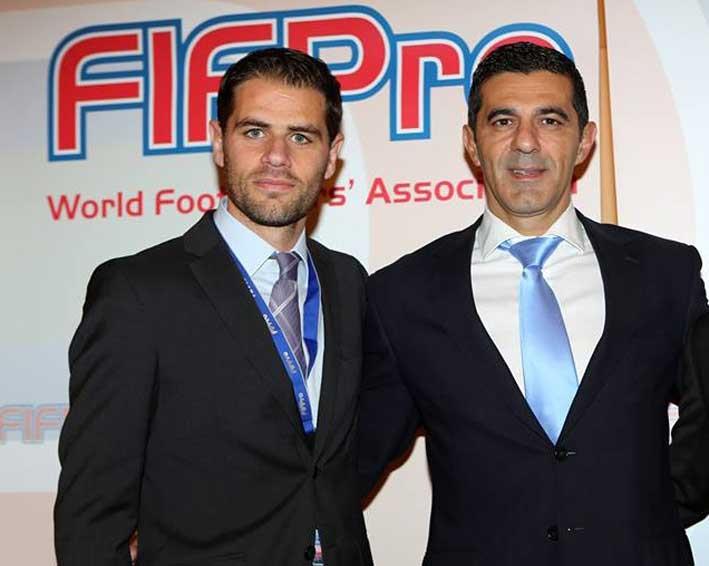
Mr Mamo (left) and Mr Sultana (right), both former players, explained that children, once they reach 12 years of age, are registered by clubs. But if they want to move to another club, a compensation fee must be paid to the club they are leaving. On most occasions, it is the parents who have to pay such a fee. There are some occasions when the club receiving the player pays up the dues, but this happens quite rarely.
Currently, regulations say that a club can demand a minimum €300 for every season spent with the nursery.
However, the no official limit has been set for such fees, which therefore means that clubs could ask for any sum. This has unfortunately led to an extraordinary abuse of power, with Mr Mamo saying that there have been a number of cases where fees have risen to thousands of euros. In one case, a 14-year-old child’s parents were asked to pay €3,500.
The player is bound by this registration until he or she gets older than the U/15 group. When the player is no longer eligible to play for the U/15 Age group the player may leave the club if a sum of between €900 and €1200 is paid to his former club.
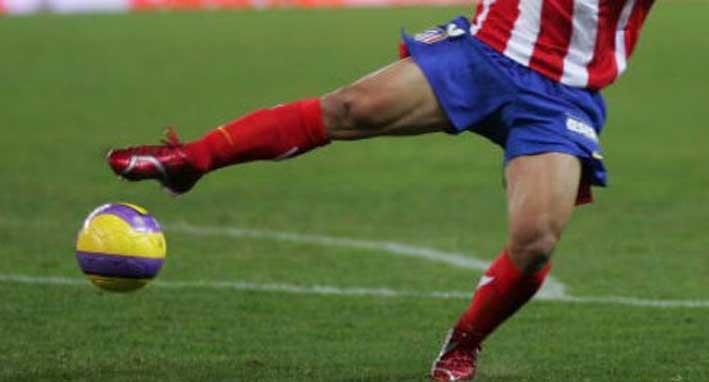
After this, a player is requested to sign another registration form until the player turns 19 and is no longer eligible to play in youth leagues. During this period clubs are again allowed to request any amount should the player choose to leave the club. Through registration, players bind themselves to a minimum €300 per annum compensation fee.
Mr Sultana and Mr Mamo said that once a player turns 19, he would be required to pay the compensation fee should he wish to continue playing competitive football with another club, even if that player has not been selected to join the senior team.
Under the current system, most of the players who truly suffer are those who may not have the necessary quality or talent required to play with a particular team, and seek pastures new.
This is primarily due to what is called a ‘retained list’ which stipulates that a football club can only register 24 players per age group. However, a number of clubs have adopted a loophole through the loan system by which a team can sometimes have up to 40 players in their squad. This obviously leads to a number of players rarely coming close to touching the pitch in a competitive game, but who are then “inexplicably bound to the extortionate fees imposed on them by the system”.
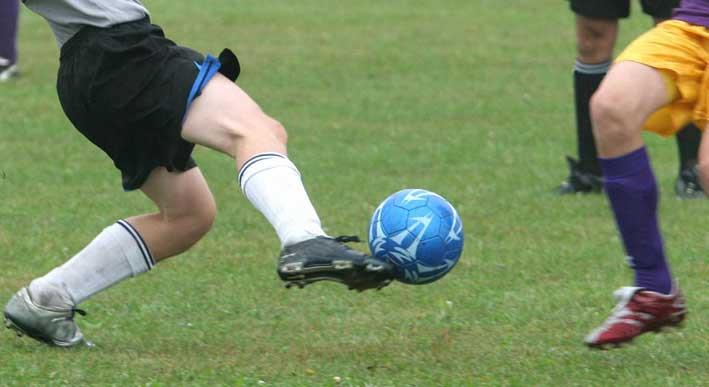
Mr Mamo spoke of an instance when a child’s father came to the organization in tears because even though his son, who as the father admitted was not among the particularly talented, never used to feature for the club he was still forced to pay the €900 sum for his son to switch to a team which reflected the boy’s quality. Their reply was simply that this was the mechanism used by the MFA. It is of no surprise that this has led to countless people dropping out of the sport altogether.
“We don’t want children stop playing the sport because they aren’t good enough, we want them continue you playing the sport they enjoy, we want children to play football; no one should be able to stop them, and to negotiate with them as though they are for sale,” Mr Mamo said.
This situation, he then said, affects low-income families the hardest. These are definitely not able to pay the hefty fees imposed on them, which would mean that the child has to stay with a club he is not comfortable with.
Unfortunately, Maltese football clubs and nurseries interpret MFPA’s call for reform as an attempt to diminish the financial revenue these clubs receive.
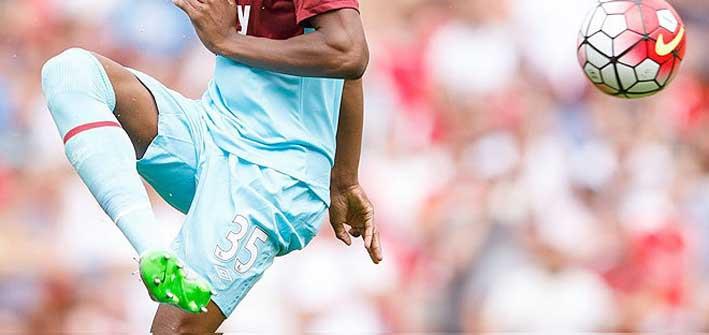
Mr Mamo said that the MFPA would welcome increases in membership fees as long as the nursery compensation fee is abolished and the exploitation of children stops. Membership and training fees – completely different from the compensation fee – amounts to around €500 per season.
He went on to explain that MFPA’s primary objective is to remove training compensation fees and nursery fees altogether and replace it with mechanisms employed by FIFA all over the globe.
In this system 5% of any transfer of a particular player goes to towards the clubs or nurseries which trained them. Mr Sultana used the example of this year’s high profile transfer of Gonzalo Higuain between Juventus and Napoli, where the clubs that he trained with between the ages of 12 and 21 were able to get 5% of the 90 million Euros paid to Napoli.
This mechanism would allow nurseries to recoup their expenses whilst also preventing them from exploiting children and using them as commodities.
Whilst the proposal has been endorsed by Commissioner for Children Pauline Miceli, support from within the football community is practically negligible with the MFA reluctant to publically endorse such proposals and with only one (Swieqi United FC) out of fifty-three clubs supporting the reform.

Mr Sultana and Mr Mamo both said that even though the bulk of MFA officials support the proposal in private, the power the clubs have over the organization exceeds its ability to change a crumbling system which seeks to exploit the individuals essential to the game.
Reform has been rendered practically impossible since MFA officials find themselves subject to the vested interests of the football clubs, who elect them into their positions; and any reforms which have taken place such as the increase of registration age for 10 to 12 is purely “cosmetic”, Mr Sultana said.
In fact, the 53 clubs registered with the MFA have an overwhelming stranglehold over the organisation’s policies making up 70% of the current vote on the MFA council. The rest are made up of various associations excluding the MFA. It comes as no surprise that the President of the MFA does not have the power of veto
The MFPA were granted observatory status this year and are not granted a vote. However, Mr Mamo said, the MFPA declined having voting power with the organization since the two votes they would get in relation to the power the 53 clubs have will devalue and diminish the importance a players association should have.
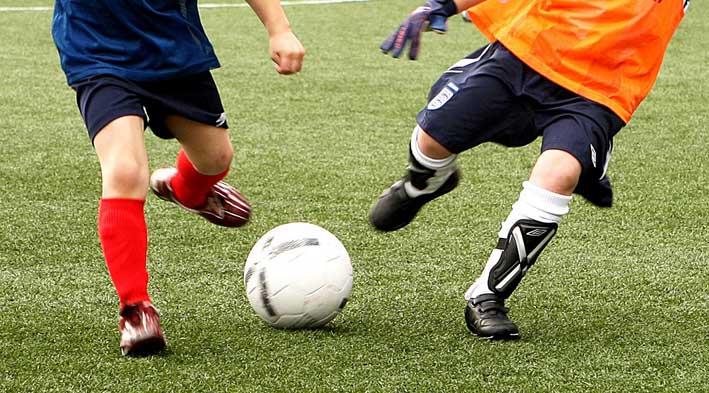
Mr Sultana then spoke of a number of instances when policies favouring the interests of the football clubs were approved within a couple of days such as the increase in registered foreign players and the increase in the amount of clubs within each division.
It was certainly ironic, as both men pointed out, that the football clubs’ presidents, officials and managers are able to move around freely between a variety of Maltese clubs but impose such strict restrictions on the players
It is an unfortunate reality that within the current system players’ rights are constantly being abused.
Firstly, the country inexplicably ignores the landmark European Union’s 1995 Bosman ruling which allows players to move freely between clubs at the end of contract without any fee being paid in accordance with the EU’s core principle of the free movement of workers.
In these circumstances, players have to go to court to plead their case and are suspended from playing football professionally until the case is decided. This, as Mamo says, goes against the fundamental right to work and severely diminishes a player’s right to have access to the courts. These issues, they say, are currently on the agenda with their discussions with the MFA.
However, the organization and the MFA do seem to have some sort of fragile relationship and even though social dialogue is imposed onto them by FIFA, their meetings never seem to come to any fruition. As Mr Mamo said “the two meetings we had last year did not achieve anything, we now have four meetings coming up and I really do hope we can finally move forward”.